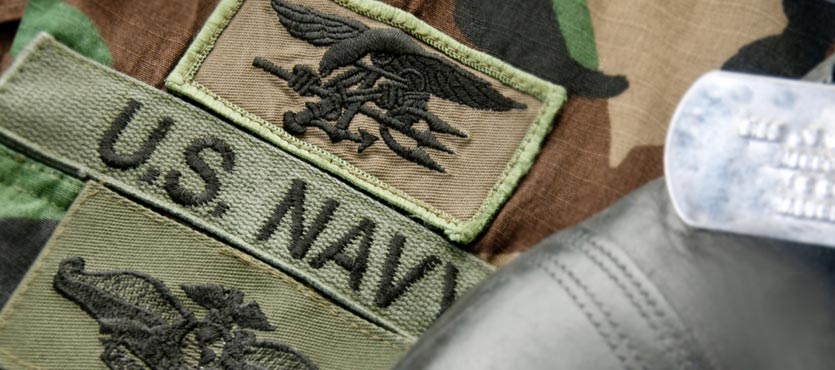38-year-old senior chief petty officer Kyle Milliken is believed to be the first KIA in Somalia since the infamous “Black Hawk Down” battle in 1993.
SCPO Milliken was part of an assist-and-advise mission, supporting a Somali National Army operation against al-Shabaab about 40 miles outside Mogadishu; al-Shabaab is an al-Qaeda affiliated group that is waging a civil war against Somalia’s government. A terrorist attack in a Kenya shopping mall that killed 60 people in 2013 emboldened the group to attempt ever more violent and sophisticated operations, including the attempted downing of a commercial airliner with a bomb concealed inside a laptop computer. American-affiliated operations against the group have escalated as well, as the number of strikes increased from five in 2015 to 13 in 2016. Contractors and African allied troops usually participated in these strikes. Today, several hundred service members, along with an unknown number of contractors, operate out of several bases in the war-torn country.
Many of these service members are special ops forces attached to SEAL Team 6, and the exact nature of that unit’s activities is a highly-classified secret.
The Horn of Africa
Like the other nations in this area, Somalia is very close to the strategic Bab-el-Mandeb chokepoint, which is where the Red Sea narrows to pass between Africa and Asia and then empty into the Indian Ocean. Moreover, several groups of Islamic militants with various affiliations, and various agendas, have converged in the area. This combination, along with its recent history, makes Somalia an important and dangerous area, an environment that is well-suited for military contractors.
Until about 1990, this region was essentially a Cold War battleground. The end of that conflict essentially created a power vacuum which, at the time, legitimately-elected leaders were unable to fill. Most of the states in the Horn, such as Ethiopia, Eritrea, and Somalia, routinely rank towards the bottom in terms of global transparency and fairness. In other words, these regimes are often very corrupt and somewhat out-of-touch with the people, creating a favorable climate for terrorists.
Contractors in Somalia
Since 2001, the U.S. government has disbursed over $1.5 trillion from the Overseas Contingency Operations fund, and much of this money has gone to private military contractors. The DoD likes to use contractors because of the three lows: low profile, low commitment, and low accountability.
Contractor casualties and troop figures are excluded from the official count, so no one outside the DoD is exactly sure how many military contractors are in use, where they are, and what duties they perform. There is also little or no official commitment because contractors could theoretically be pulled out tomorrow without any official ramifications. Finally, civilian brass are especially fond of the low accountability because if things go sideways, the brass can shift most or all of the blame to the contractor.
Given the 1993 disaster, the uncertain nature of the area’s governments, and the growing threat, Somalia is tailor-made for military contractors.
Contractor Injuries
Fortunately for victims and their families, there is not a fourth “low” for “low compensation,” because the Defense Base Act provides medical and lost wages benefits. These DBA benefits are not necessarily there for the taking, and an aggressive attorney is the best weapon in the fight for fair compensation.
Out-of-work victims need income to support their families while they recover from their injuries, so in most cases, the DBA pays two-thirds of the average weekly wage for the duration of the disability, from initial injury evaluation to discharge from care, and possibly longer, if there are permanent restrictions. Since the AWW usually includes both cash compensation and noncash compensation, like housing allowance, documentation is one of the keys to a successful case because a simple tax return or W-2 may not accurately reflect the contractor’s earnings.
The DBA also pays for medical bills because the goal of this legislation is to help injured contractors get better so they may return to serve their country. Even better, most victims may choose their own physicians. That’s important, because in many cases, victims receive emergency care in-country and then return stateside for physical rehabilitation and follow-up medical care.
Contact us to learn more about procedure under the Defense Base Act.

